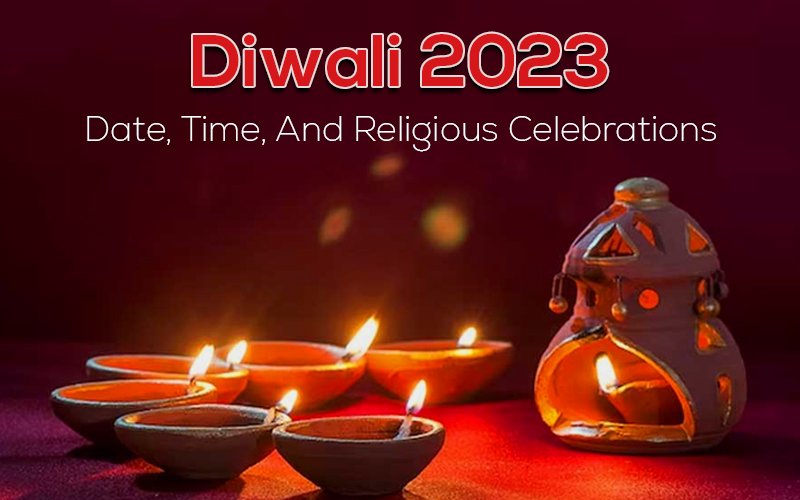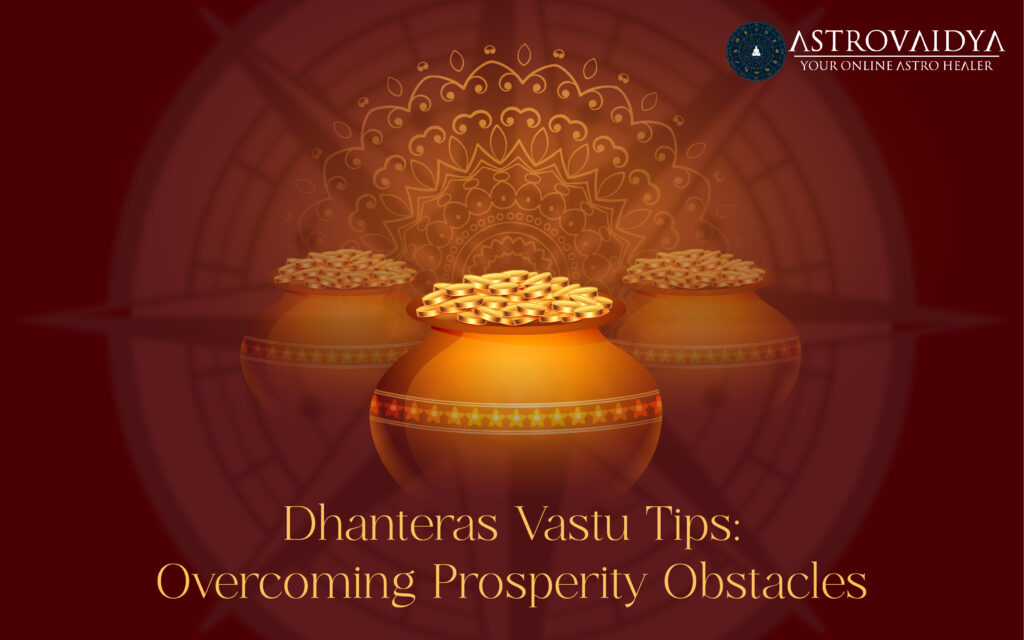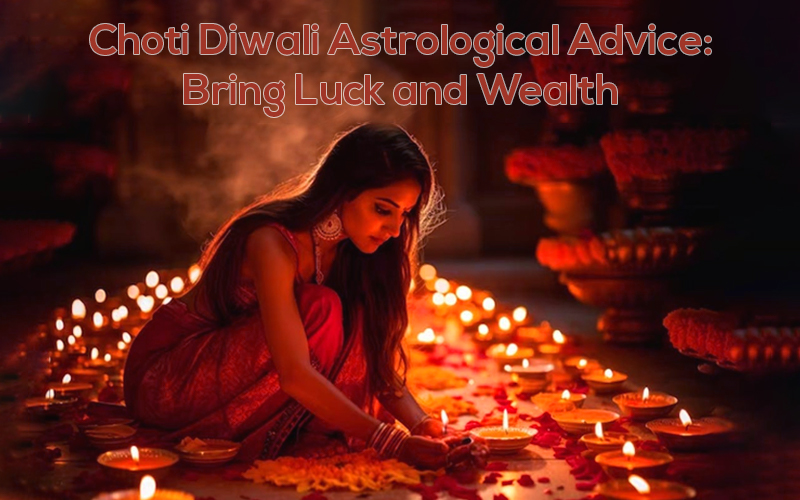
Diwali 2023: Date, Time, And Religious Celebrations
Diwali, the festival of lights, is a celebration that transcends borders and resonates with people of various cultures and religions. In 2023, Diwali is set to illuminate our lives on November 12, a Sunday, with its radiant glow. This festival, spanning five days, holds unique significance for different religious and cultural communities. Let’s explore the Diwali 2023: Date, Time, And Religious Celebrations.
Duration: Five Days - from November 10 to November 15
The five-day celebration of Diwali kicks off with Dhanteras on November 10. This auspicious day is marked by the purchase of gold, silver, and other items believed to bring prosperity and good luck. It’s a time when people invest in precious metals and offer their prayers to Goddess Lakshmi, the harbinger of wealth and prosperity.
Naraka Chaturdasi (Chotti Diwali) - November 12
November 12, 2023, marks Naraka Chaturdasi, popularly known as Chotti Diwali. On this day, people light diyas and candles to illuminate their homes and hearts, symbolically dispelling the darkness and evil spirits. The warm and inviting glow of these lights resonates with the triumph of light over darkness, knowledge over ignorance, and good over evil.
Lakshmi Puja - November 12
The main day of Diwali, celebrated on November 12, 2023, is dedicated to Goddess Lakshmi. This day is observed with great enthusiasm and devotion. People decorate their homes with rangoli, adorn their entrances with colorful torans, and offer prayers to the Goddess of wealth. The Diwali night is filled with the enchanting sounds of firecrackers and the mesmerizing beauty of illuminated diyas. Families come together, exchange gifts, and indulge in sumptuous feasts, celebrating the triumph of light and the spirit of togetherness.
Govardhan Puja - November 14
On November 14, 2023, people celebrate Govardhan Puja. This day is dedicated to Lord Krishna and revolves around the legend of Govardhan Hill, where Lord Krishna lifted the hill to protect the people of Vrindavan from torrential rains. Devotees create miniature hillocks from cow dung and decorate them, signifying their respect for nature and their dependence on the environment for sustenance.
During this celebration, people also offer food to cows, which are revered animals in Hinduism. The act of feeding cows underscores the importance of compassion and care for all living beings.
Bhai Dooj - November 15
The final day of Diwali, falling on November 15 is known as Bhai Dooj. This day is dedicated to the bond between brothers and sisters. Sisters apply tikka on their brothers’ foreheads, offer sweets, and pray for their well-being. In return, brothers express their love and affection by giving gifts to their sisters. It’s a beautiful celebration of the deep and cherished relationships within families.
As per the Hindu calendar, the Amavasya Tithi for Diwali 2023 begins on November 12 at 02:45 PM and ends on November 13 at 02:57 PM. Additionally, the Pradosha Puja time on November 12 falls between 05:39 PM to 08:16 PM. This period is considered highly auspicious for performing rituals and prayers.
On November 12, 2023, the sunrise is scheduled at 06:42 AM, while the sunset will occur at 05:39 PM. These timings play a crucial role in determining the timing of various Diwali rituals and ceremonies.
Diwali in Different Religions and Cultures
While Diwali is predominantly celebrated by Hindus, it holds significance for people from various religious and cultural backgrounds:
- Jains: For Jains, Diwali marks the day when Lord Mahavira attained Nirvana. It’s a time for introspection, prayer, and acts of kindness.
- Sikhs: In Sikhism, Diwali is celebrated as Bandi Chhor Divas, commemorating the release of Guru Hargobind Ji from imprisonment in Gwalior Fort. Sikhs illuminate the Golden Temple and offer prayers.
- Buddhists: In some parts of India and Nepal, Buddhists celebrate Diwali by honoring Emperor Ashoka’s conversion to Buddhism and the triumph of light over darkness.
- South Indians: In South India, Diwali is celebrated as Naraka Chaturdashi, with rituals varying from the northern traditions but sharing the essence of good over evil.
Celebrating Diwali Mindfully
Diwali transcends religious and cultural boundaries and is a celebration of light, hope, and the victory of good over evil. This festival encourages us to come together, embrace diversity, and promote positivity and prosperity in our lives. As we gear up to celebrate Diwali in 2023, let’s do so mindfully, focusing on the essence of the festival and its significance in our unique ways. May this Diwali bring brightness and joy to your lives, just as the diyas and candles illuminate the darkest corners, dispelling the shadows of negativity and ignorance.
FAQ: When is Diwali 2023, and why is it celebrated on different dates?
Diwali 2023 falls on November 12. The variations in celebration dates are due to regional and religious differences. Different communities and regions follow distinct calendars and have unique traditions, resulting in variations in Diwali’s observance.
Diwali spans five days, beginning with Dhanteras and concluding with Bhai Dooj. Each day has its rituals and significance. For instance, Naraka Chaturdasi is celebrated with the lighting of diyas to ward off evil spirits, and Lakshmi Puja is dedicated to worshipping Goddess Lakshmi for prosperity.
Jains celebrate Diwali as the day when Lord Mahavira, the 24th Tirthankara, attained Nirvana. It’s a time for reflection, prayer, and acts of kindness. They light lamps to symbolize the path to spiritual enlightenment.
For Sikhs, Diwali is celebrated as Bandi Chhor Divas, which commemorates the release of Guru Hargobind Ji from imprisonment in Gwalior Fort. Sikhs illuminate the Golden Temple and offer prayers for this occasion.
In certain parts of India and Nepal, Buddhists celebrate Diwali to mark Emperor Ashoka’s conversion to Buddhism. The festival represents the triumph of light over darkness and is observed with the lighting of lamps and offering of prayers.


















